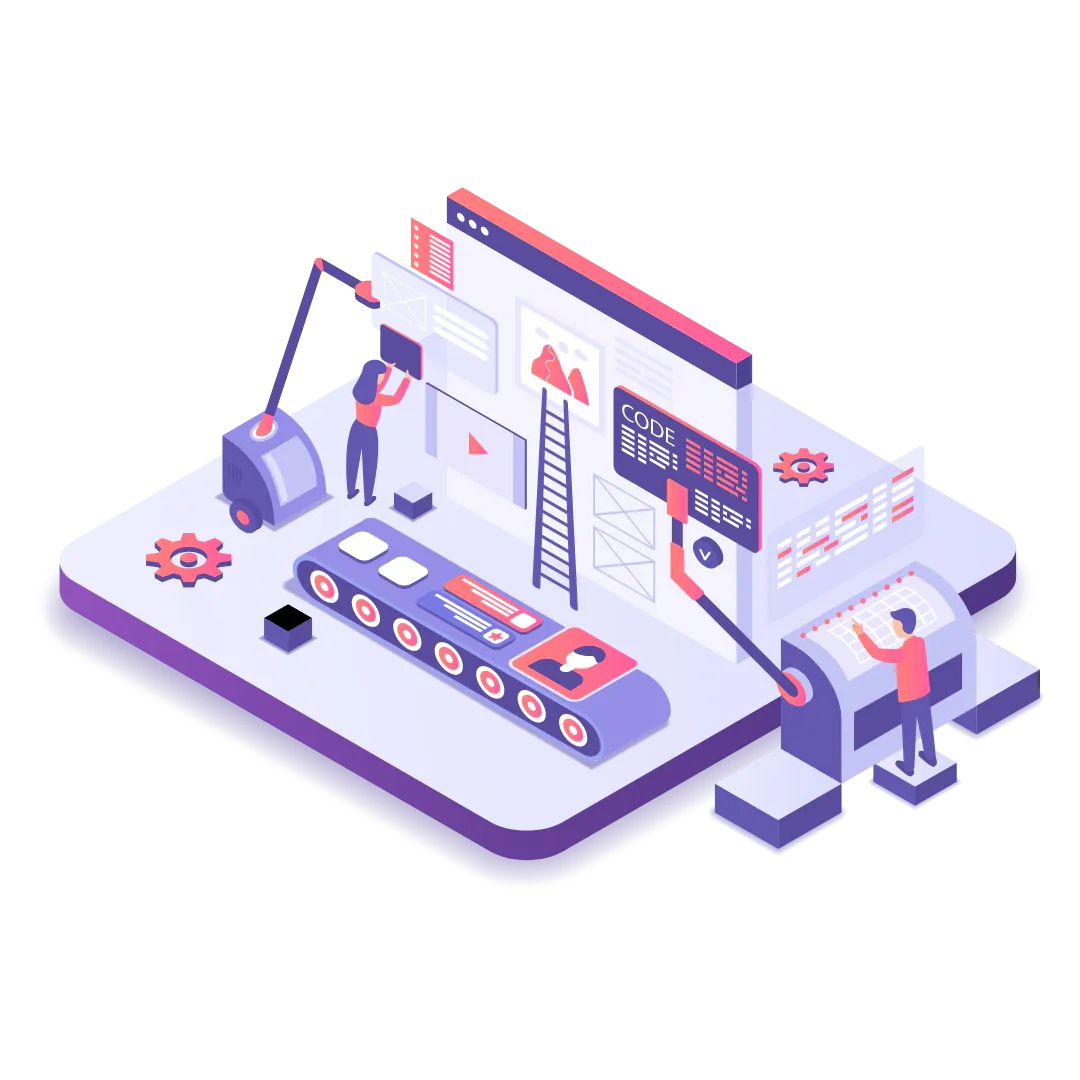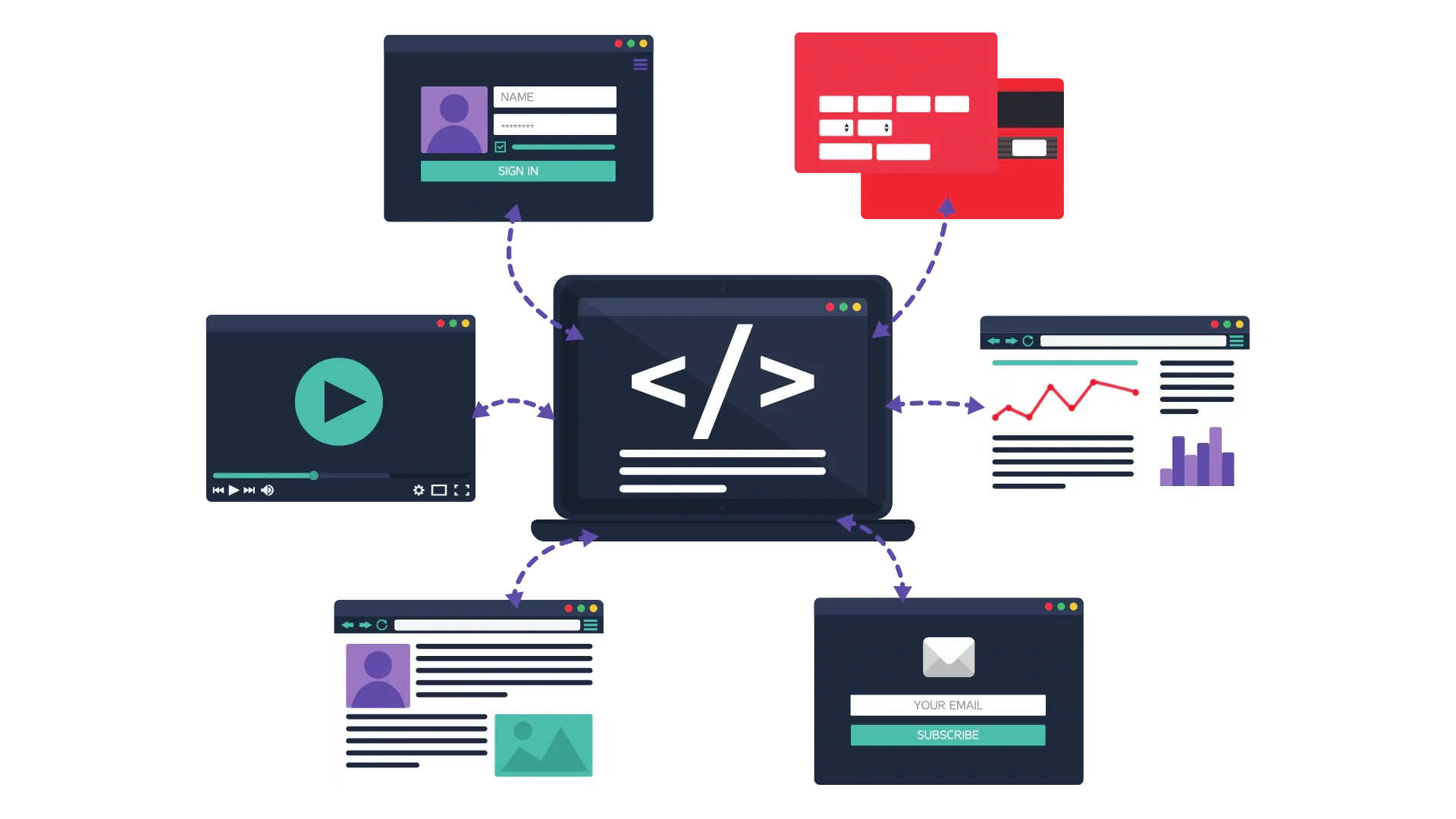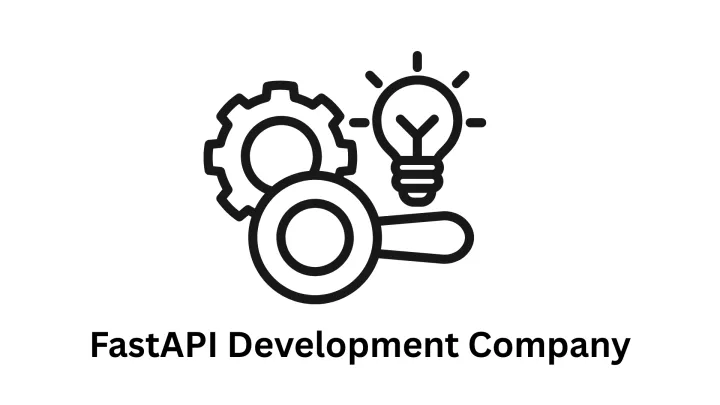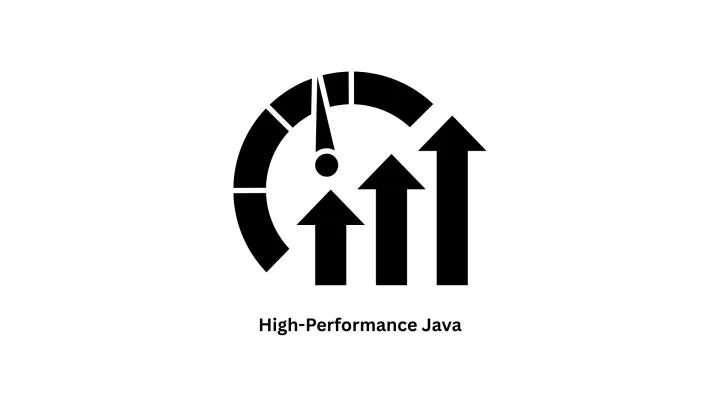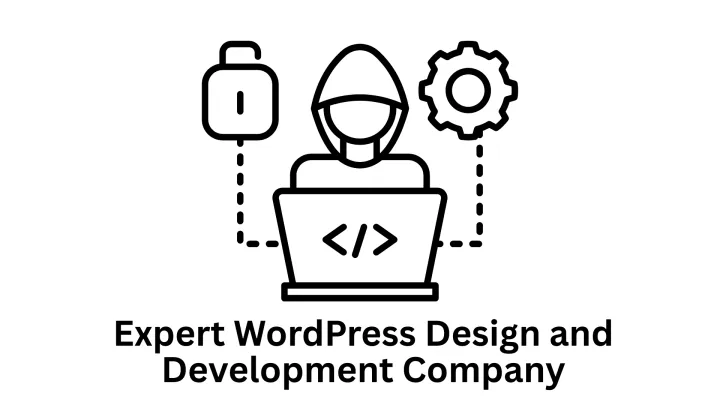Launching Your Career in Magento Development: A Complete Guide

In the booming world of e-commerce, the demand for skilled Magento developers is skyrocketing. As businesses rely on this powerful platform to build and manage online stores, the career opportunities are immense. But what exactly is Magento development, and how can you embark on this fulfilling career path? Let's dive in!
What is Magento Development?
Magento is an open-source e-commerce platform known for its flexibility, scalability, and robust features. Magento developers create, customize, and maintain online stores, ensuring they are visually appealing, user-friendly, and optimized for sales.
Why Choose a Career in Magento Development?
- High Demand: E-commerce is a global phenomenon, and Magento is a leading platform. This translates to a constant need for talented developers.
- Competitive Salaries: Magento developers are well-compensated for their expertise, often commanding lucrative salaries.
- Challenging Work: Magento development is a dynamic field, offering diverse projects and continuous learning opportunities.
- Career Growth: You can progress from a junior developer to a senior developer, solution architect, or even start your own e-commerce agency.
Skills Needed for Magento Development
To thrive as a Magento developer, you'll need a blend of technical and soft skills:
- Technical Skills:
- PHP: Magento is built on PHP, so a strong understanding is crucial.
- MySQL: You'll work extensively with databases.
- HTML, CSS, JavaScript: Front-end skills are essential for creating visually appealing stores.
- Object-Oriented Programming (OOP): Magento follows OOP principles.
- Magento Framework: Learn the ins and outs of the platform itself.
- Soft Skills:
- Problem-Solving: You'll need to debug and troubleshoot issues.
- Communication: Collaboration with clients and team members is key.
- Adaptability: The e-commerce landscape is always evolving.
Learning Path for Magento Development
- Fundamentals:
- Master PHP, MySQL, HTML, CSS, and JavaScript.
- Explore OOP concepts.
- Magento Basics:
- Get familiar with the Magento architecture.
- Learn to install and configure Magento.
- Intermediate Magento:
- Develop custom themes and extensions.
- Understand payment gateway integrations.
- Advanced Magento:
- Work on complex projects like migrations and performance optimization.
- Explore Magento 2 features (if applicable).
Training and Resources
- Online Courses: Platforms like Udemy, Coursera, and Magento U offer structured learning paths.
- Magento Documentation: The official documentation is an invaluable resource.
- Community Forums: Connect with other developers on forums like Magento Stack Exchange.
- Practice Projects: Build your own Magento stores or contribute to open-source projects.
- Certifications: Consider pursuing Magento certifications to validate your expertise.
Conclusion
Embarking on a career in Magento development is a rewarding journey. The e-commerce industry's growth ensures a bright future for skilled developers. By acquiring the right skills, leveraging available resources, and gaining hands-on experience, you'll be well on your way to becoming a sought-after Magento professional.
To learn more, consider reading other articles, blogs, and stories in this area.
